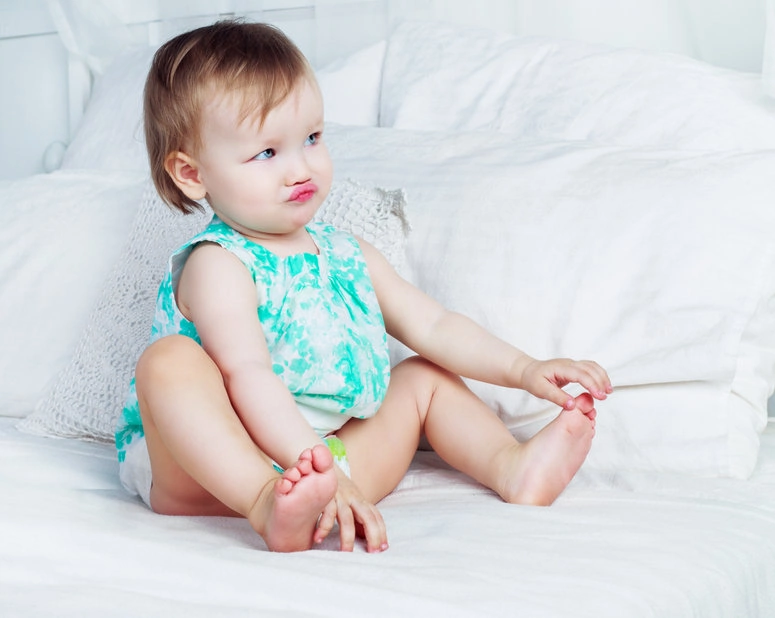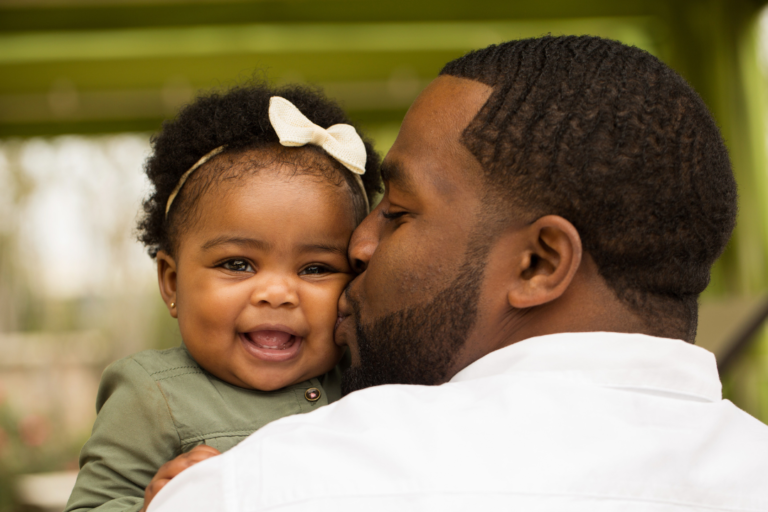Self-regulation is the ability to recognise and manage your emotions without intervention from an external person. In little ones, this means learning not to smack, or push or learning to take turns. As little ones’ grow up, self-regulation is the number 1 skill that individuals need for lifelong success and achievement.
Having a baby is an amazing privilege and a huge responsibility. I believe that the ultimate goal of responsible parenting is to nurture a well-adjusted human being who is independent and inter-dependent. That journey to constructive independence is slow in human babies and gives us time to instill healthy values for life.
- Sleep is one of the facets of this journey and as parents, aside from craving a good night’s sleep ourselves, a goal of our vocation should be to foster healthy, independent sleep habits in our little ones. This journey begins from the moment of birth and takes up to four years to be complete.
- Frequently there is criticism leveled at parenting advice that recommends encouraging self-soothing but I strongly feel this comes from a very misguided place. Babies are to be nurtured and their needs have to be met and this includes the natural propensity for self-regulation that exists in us all.
- Self-regulation is the basis for attention spans in the classroom. It is the basis for controlled social behaviour. It is the essential ingredient in behaviour control in the preschooler. Without self-regulation, a human being is disorganized and unsocial. It is simply vital.
The development of self-regulation moves through a number of levels. In terms of sleep, those levels are:
- Nutritional and physiologic stability for sleep (0-7 months)
- Self soothing strategies (4- 8 months)
- Separation from mom as the ‘Object’ and attachment to a transition object (such as a ‘doodoo’) (7-11 months)
- Regulation of emotions and fears in toddlers (11 months -much older)
- Independent self-control and containment in the preschooler (18 months – 6 years)
Each of these basic areas of self-regulation are vital. And that includes the ability to self-soothe. So without hesitation, I recommend parents encourage and foster the development of self-regulation, as it pertains to so many life skills in the journey to independence.




